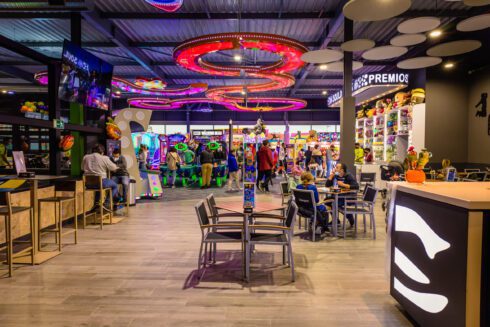THE so-called ‘narco launches’ that deliver a steady stream of illegal drugs through the Strait of Gibraltar to Spain have been filmed camped out in international waters.
Equipped with tents, sleeping bags, and even umbrellas to shield themselves from the sun, they are reported to wait out at sea for days.
The high-powered narco boats, capable of transporting up to three tonnes of drugs at 110km/h, have been turning international waters into their temporary bases.
They are reported to spend as much as several days out on the high seas, waiting for the moment when the coast is literally clear to swoop in and unload the narco cargo.
The ‘narcolancha’ pilots are the most senior and best paid of the drug crews, earning up to €15,000 a trip.

The revelation comes in the wake of the death of two Guardia Civil officers in Barbate, Cádiz, two weeks ago.
They were killed in a confrontation with one such narco boat after its pilot, known as Kiko ‘el cabra’, deliberately rammed the three-metre ‘zodiac’ patrol boat.
The narco boats had been forced to come in from the high seas and seek shelter within the port of Barbate, where the local authorities were obliged to intervene.
The boats that the Guardia Civil ventured out into the port pale in comparison to the formidable 14-metre long boats powered by three or four engines, designed to elude law enforcement at sea.
The manufacturing, repair, transport, and navigation of these ‘narcolanchas’ have been banned since 2018, with authorities seizing them on sight.
To combat this, traffickers have adapted by linking their boats together and anchoring in international waters, outside of Spanish jurisdiction.
While they wait to receive the signal to move, they listen to music, chill out and generally enjoy the sunshine.
Meanwhile, back on shore, the Guardia Civil only have six maritime patrol boats in Cadiz – all of which were out of service at the time of the officers’ deaths.
With plans to introduce six new patrol boats, two expected before summer, there’s a glimmer of hope for a more level playing field in the ongoing battle against narco trafficking in the Strait of Gibraltar, known as the ‘cursed destination’ among Spanish officials.
These developments have sparked a debate on the risks faced by law enforcement officers, with calls for them to be recognised as ‘risk professionals.’








